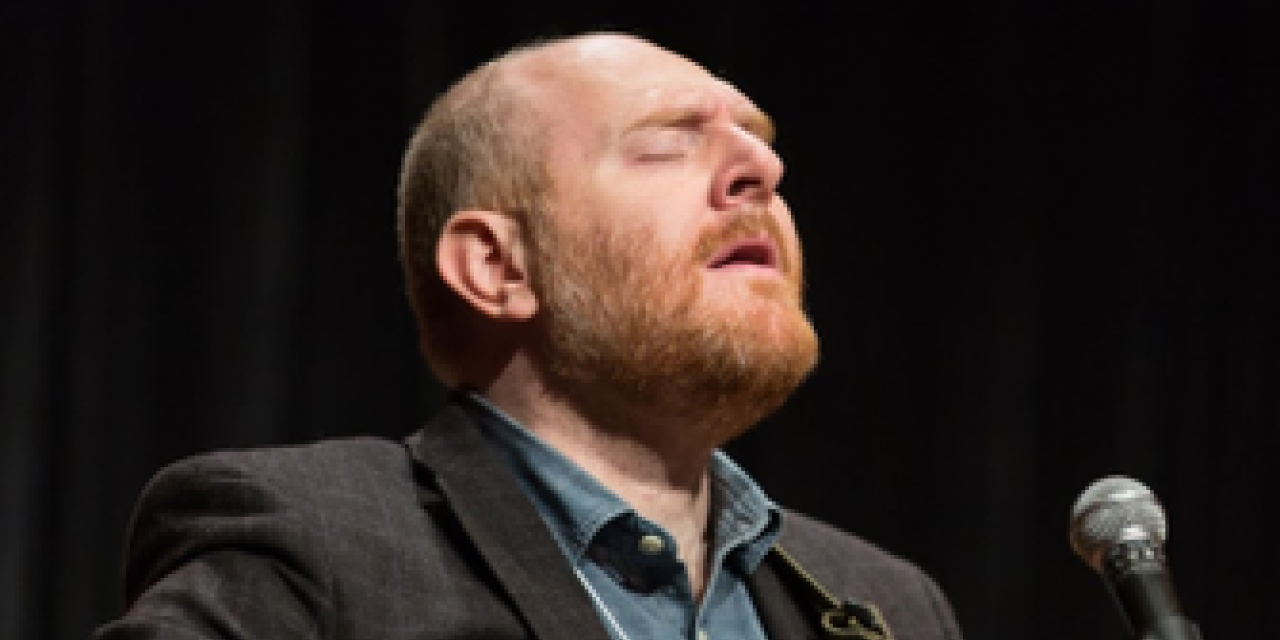Isaac Wardell is director for worship arts at Trinity Presbyterian Church in Charlottesville, Virginia, and founder of The Porter’s Gate Worship Project, a sacred arts collective. In this edited conversation, Wardell talks about a better way for Christians to talk about the concept of calling.
What is the same or different about the terms calling and vocation?
From a semantics perspective, they’re the same, because the English word vocation comes from a Latin word meaning “a call or summons.” Many people now equate vocation with job. I’ve heard people say things like, “My vocation is managing a warehouse. My avocation is woodworking.” I like how the word calling takes us out of the realm of financial transactions to emphasize that there is One who calls us.
Why did you decide to change how you talk about calling?
We used to talk about calling in the context of missions. In the late 1990s and early 2000s, we sent out lots of young people ready to transform the world and reclaim every square inch for God’s kingdom. We and they were inspired by the example of Abraham Kuyper, a Dutch theologian, politician, and journalist. Everyone wanted to use the gifts God had given them and go out and accomplish great things. No one wanted to feel that they were using their gifts in a way that wasn’t faithful to God.
But we were hearing back that people weren’t experiencing their jobs as fulfilling their calling. They’d say, “Work is complicated,” or “I don’t even know whether my company is doing good work,” or “I don’t know how my job matters to God.” They weren’t able to do the big things they thought God had called them to. We realized that the way we’d been talking about calling was inadequate for our congregation.
What language do you use now?
Talking about calling within a framework of gifting, choice, and options is inadequate, because everyone inevitably experiences change. We become too ill or too old to do the same work. Maybe we lose heart or interest in our work, or our jobs get taken away, or we have to become caregivers for a child or older person.
You might say that we have moved from the language of dominion to the language of communion. We’ve moved from Abraham Kuyper to Brother Lawrence. He was a seventeenth-century Carmelite lay brother who said he had an aversion to kitchen work. Yet he learned to work in the monastery kitchen “for the love of God.”
Calling isn’t just about God calling us to exercise dominion over creation, though that is also true at times for some people. That’s why we now talk about calling more from a spiritual formation framework. We talk about the difference between ability as seen through the world’s eyes and ability as being able to see the face of Jesus in small things. We teach people to equate their calling with experiencing communion with God in tiny, small, behind-the-scenes actions and moments.
Do you have examples of how this new approach helped someone?
I’ll share two stories. I remember a young woman who experienced the pain of giving up a promising career because she felt called by God to stay home with her kids. Yet she also felt as if she was rejecting her calling. She gradually realized that she was learning to know God’s character in a different way. She had been enthusiastic to see God as a transformer who makes all things new. Now she also experiences God as a gardener who tends to little things.
The other example comes from a Porter’s Gate contest to write songs about work and worship. We invited songwriters through our 20,000-member email list and got 400 songs! We also spent a day with David Bailey and Urban Doxology songwriting interns in Richmond, Virginia. One intern said, “A lot of people I know don’t have jobs they chose. They just have to take whatever work they can get to pay the bills. So these ‘Oh, God, help me find my calling’ songs don’t really resonate.”
Her comment made me think that much of the faith and work movement has emerged from people who have education, affluence, agency, and lots of choices. It’s important to realize that Jesus calls each of us more fully into the life of the world and invites us to share in his life—which includes challenge, humiliation, loneliness, and suffering, not just joy and triumph.
LEARN MORE
Listen to a Vocation and the Common Good podcast featuring Isaac Wardell on how churches can attend to needs of neighbors with whom they’re called to build a common life. Read a Christianity Today article about why Wardell founded The Porter’s Gate Worship Project.

